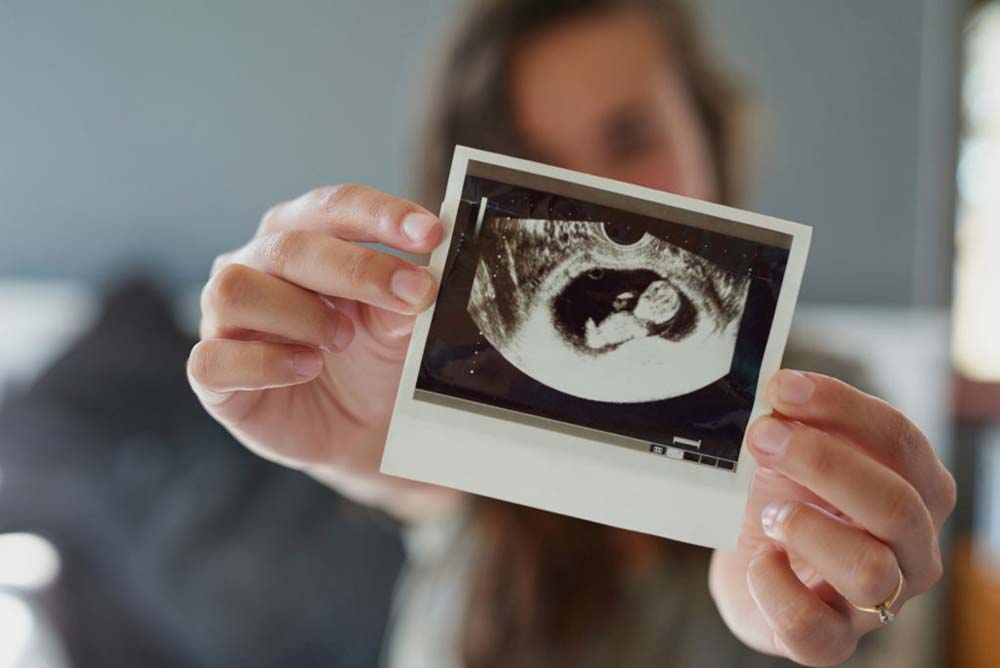Infertility

Dealing with infertility can be discouraging. After months of trying to conceive unsuccessfully, couples often begin to doubt they will ever have children — but help is available.
Dr. Amos E. Madanes, Director of Midwest Fertility Center, has helped countless couples overcome infertility to conceive happy, healthy babies.
To discuss your options with Dr. Madanes, call or schedule a consultation online.

Take control of your fertility and create the family you want
Professional, clear answers and options from Dr. Amos E. Madanes.






Don’t just get results. Get answers and solutions.
This is a fertility journey that you hope ends in conceiving a child, in starting or growing a family. Whatever we find out together, are we will be there to help you understand how it can help you become a father. Schedule a fertility consultation test

Limit unnecessary stress.
Inaccurate or incomplete fertility information puts strain on how many people feeling about their chances of getting their partner pregnant. There are enough stresses around starting a family; remove this one by starting with professional guidance. Schedule fertility consultation

Fertility challenges are normal and common.
You don’t need to be afraid of seeking help for your fertility. Many causes infertility have solutions that we can help you with. It is important to remember that fertility testing is a normal part of trying to conceive. It is also important to note that infertility is a common problem. If a couple is having difficulty getting pregnant, it is important for both partners to be tested, regardless of gender. Schedule a couples fertility test
Cost of Fertility Consultation
When considering starting on a fertility journey we know that cost and transparent pricing is an important factor. If you have insurance we work with your provider to get you the care you need.
Infertility Guide
Coming Soon
No risk, no pressure, just the information that will help you feel ready to take the next steps.
- Understand fertility risks and opportunities
- Get the information you need
- Understand how we can support you in your fertility journey
New Patient
Fertility Consolation
Fertility Consultation with Dr. Amos E. Madanes.
Identify and discover what may be causes your infertility
Customized testing and treatment plans
On the road to parenthood
Grow Your Family
Fertility Consultation with Dr. Amos E. Madanes.
- We know your ultimate goal is likely to get pregnant
- We are here to support you all the way through a successful pregnancy.
What can I expect from my first visit to Midwest Fertility Center?
Care. Compassion. Expertise. Experience.
At Midwest Fertility Center we are here to help you discover and treat the root cause of infertility.
During your first visit to the Midwest Fertility Center, Dr. Amos E. Madanes will with you to learn about what might be causing fertility issues. This will include:
- Your sexual and health history, including previous surgeries or chronic conditions
- Any medications you are using, including vitamins and supplements
- Your lifestyle, including smoking, drinking, diet, and exercise
- The female partner’s menstrual cycle
For men, Dr. Amos E. Madanes may order a semen analysis, to measure sperm count, shape, and movement.
For women, a tubal evaluation may be needed, whereby an X-ray is used to view dye moving through the fallopian tubes. This test shows any blockages that may be preventing pregnancy. Dr. Madanes may also test your blood for the various reproductive hormones, including FSH or AMH, to assess your ovarian reserve and ovulatory functions. Book Now

What our patients are saying
Does it really work? Will it work for me?
FAQs
IVF Q & A by Amos E. Madanes, MD
There are several signs of infertility, other than the inability to become pregnant.
Female infertility can be caused by a hormonal issue. Periods that are irregular, too heavy, too light, or painful most often suggest a problem with ovulation. Less commonly, women might sense a decrease in sex drive, sudden weight gain, hair loss, or hair growth in random places.
Additionally, women who have been exposed to sexually transmitted disease such as chlamydia or gonorrhea may suffer tubal damage, which can cause infertility.
The symptoms of infertility are not as evident in men. Men with low libido, pain or swelling in the groin area, or problems getting or maintaining an erection should see a doctor right away.
These symptoms do not necessarily mean you are infertile, but it’s important to see a qualified fertility doctor for a full evaluation.
Women who have trouble getting pregnant or maintaining a pregnancy should consult with a fertility specialist like Dr. Madanes as early in the process as possible.
The first step to treating infertility is to determine the cause. During your first visit to the Midwest Fertility Center, Dr. Madanes will discuss:
- Your sexual and health history, including previous surgeries or chronic conditions
- Any medications you are using, including vitamins and supplements
- Your lifestyle, including smoking, drinking, diet, and exercise
- The female partner’s menstrual cycle
For men, the Dr. Madanes may order a semen analysis, to measure sperm count, shape, and movement. For women, a tubal evaluation may be needed, whereby an X-ray is used to view dye moving through the fallopian tubes. This test shows any blockages that may be preventing pregnancy. Dr. Madanes may also test your blood for the various reproductive hormones, including FSH or AMH, to assess your ovarian reserve and ovulatory functions.
Dr. Madanes can treat infertility with one or more of the following:
- Medication: often used to regulate female hormones and stimulate ovulation
- Surgery: can address a wide variety of structural issues, including fibroids and endometriosis in women, and vasectomy reversals in men
- Intrauterine insemination (IUI): sperm is inserted directly into the uterus
- Assisted reproductive technology (ART): a collective term for fertility treatments that combine eggs and sperm outside of the woman’s body (e.g., In vitro fertilization – IVF)
Infertility can be stressful and discouraging. Dr. Madanes and his team strive to help you realize your dream of parenthood. Schedule your appointment with the Midwest Fertility Center online or by calling the office.

